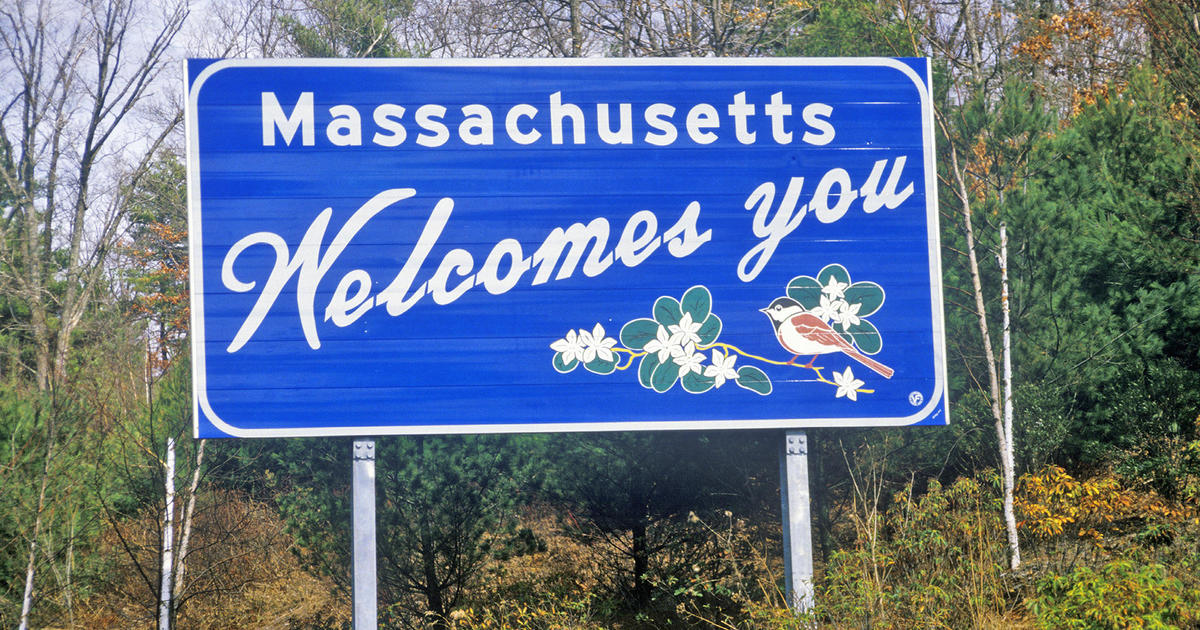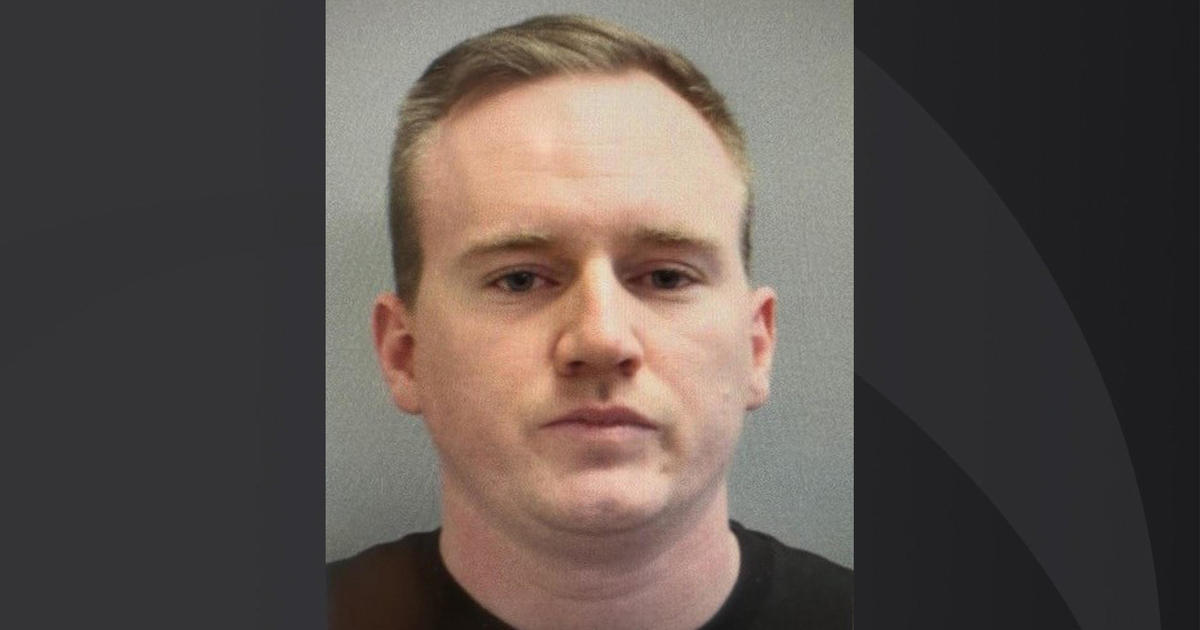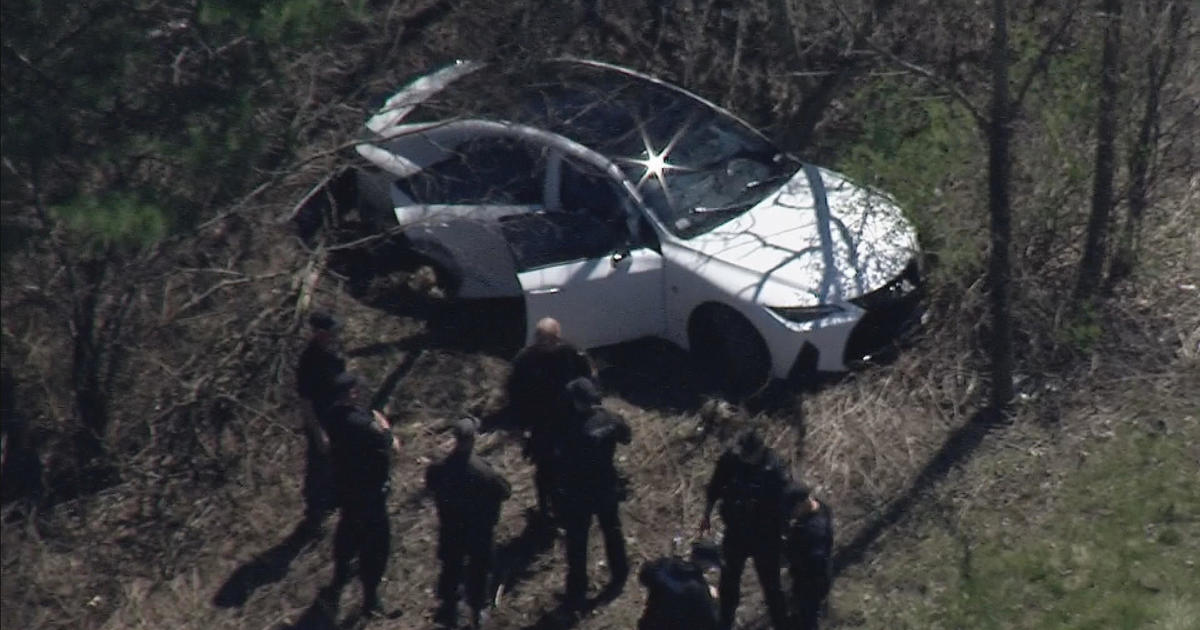Massachusetts Traffic Congestion Has Reached 'Tipping Point,' New Study Finds
BOSTON (CBS) – A new MassDOT report finds that traffic congestion in Massachusetts is getting worse. At a news conference Thursday, Gov. Charlie Baker and Transportation Secretary Stephanie Pollack said the report finds the problem has reached a "tipping point."
Read: MassDOT Traffic Congestion Report
The report identified some of the state's most congested areas – Interstate 93 South in Medford at 7 a.m. and 8 a.m., Route 2 East at Alewife at 7 a.m. and 8 a.m., and the Expressway from North Braintree to Neponset at 7 a.m.
Baker called the heavy traffic, which has increased between 2013-2018, "a frustrating and inconvenient reality for too many people."
"There was a time when you know, you left at six o clock in the morning and it took you an hour and a half," said Ray Possick of Munson. "Now you'd have to leave by five to do the same--you leave at six it can take you up to three hours to get into town."
The report shows that a strong economy is a major factor in the increasing traffic because more people are commuting to work.
"We realized that the Commonwealth has reached a tipping point with respect to congestion," Pollack said. "The roadway network is now so full that relatively small insults - a crash, a work zone that doesn't get picked up early enough in the morning, bad weather, an event that draws extra people to downtown Boston - all of these can create cascading congestion. So what has happened is that while the average day has not gotten that much worse, the bad days have become much worse."
Though the volume of cars on the road is a major issue, the unpredictability of the commute can be even worse, Baker said.
"It's no surprise that the worst part of this issue is variability, unpredictability," Baker said. "Trips can vary significantly because of one off incidents like a bad crash, or a disabled vehicle, or something else. When people can't plan for their commute to take the same amount of time each day, it effects work schedules, childcare arrangements, school drop offs and pickups, and a whole variety of other issues."
Secretary Pollack used a commute from Burlington to Kendall Square as an example. She said that route can take anywhere from 25 minutes to 70 minutes depending on the day, with an average drive time of 40 minutes.
Transportation officials recommended a variety of next steps:
- Address local and regional bottlenecks where feasible
- Actively manage state and local roadway operations
- Reinvent bus transit at both the MBTA and Regional Transit Authorities
- Increase MBTA capacity and ridership
- Work with employers to give commuters more options, including providing grants for employers, Transit Management Associations, Regional Transit Authorities and others to provide innovative workforce transit options to employees
- Create infrastructure to support shared travel modes
- Increase remote work and telecommuting
- Produce more affordable housing, especially near transit
- Encourage growth in less congested Gateway Cities
- Investigate the feasibility of congestion pricing mechanisms that make sense for Massachusetts, particularly "managed lanes"
Pollack emphasized that charging passengers a premium fee to get into certain lanes will "basically guarantee them a faster travel time."
One woman said she isn't "crazy" about the idea: "I think it gives priority to people who can afford to be there," she said.
Another woman said she thinks drivers pay enough already.
Fixing the MBTA is a key point in the discussion, and Governor Baker said that with the plans that are already in place, the MBTA is expected to be improved within three to four years.
"We have to do a whole bunch of things, and we have to you know, basically do them and stay on them and get them done, and check them off one at a time as you do," Baker said.



